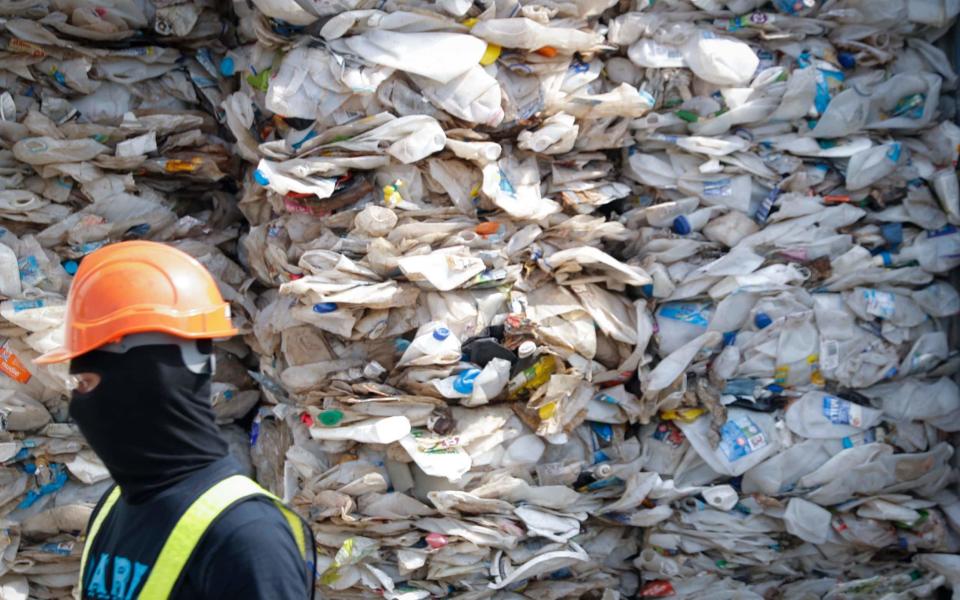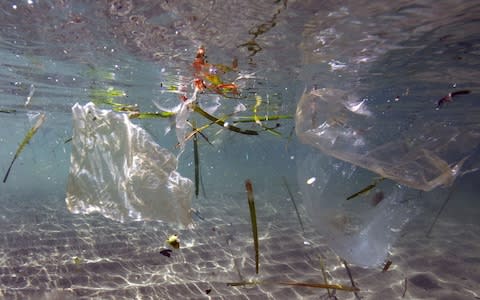Biodegradable plastic is misleading because most will not break down in compost heaps, UCL scientists say

Plastic packaging labelled “biodegradable” or “compostable” is misleading because most does not break down naturally and ends up polluting the environment, scientists have said.
Experts from University College London (UCL) have criticised companies which sell products such as “eco-friendly” nappies, bags or cutlery without telling consumers it require industrial processors to break them down.
The team said the UK has too few plants capable of recycling the material - around 170 - meaning much ends up in landfill.
Consumers also mistakenly add “compostable” plastic waste to their food or garden compost, where it decomposes barely any quicker than normal plastic waste.
The comments follow a recent study by the University of Plymouth which found that biodegradable plastic bags were still capable of being used as bags three years after being buried underground because they had degraded so little.

Industrial composters need to reach a temperature of around 60C. They must also allow enough moisture to support the micro-organisms which break down biodegradable products.
Professor Mark Miodownik, a materials specialist at UCL, said: “The public really need to know that when something says it’s compostable, it is not going to disappear as soon as you drop it and it may not actually be good for the environment.
“Even on a home compost heap, these products may not biodegrade for years because the conditions are not right.
“Most people put them in the bin, where they do not look any different to regular plastic so are not separated out and end up burned or in landfill.
“Or they put them in with the food waste, which is actually worse, because it is not dealt with in the same way and can contaminate the process.
“At the moment most biodegradable or compostable products end up in landfill, where they will not biodegrade, which raises the question of what the point is."

 Yahoo News
Yahoo News 